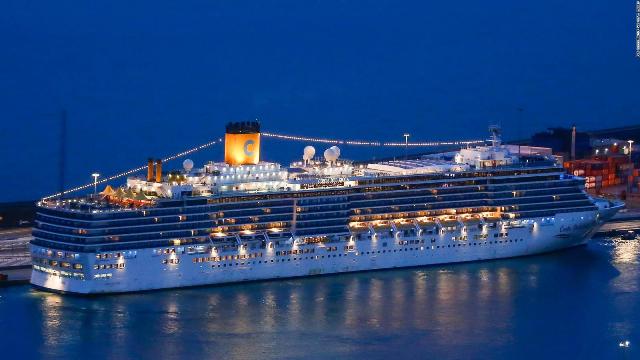A report by the International Transport Forum explores ways to reduce carbon emissions and air pollution from ships.
The publication coincides with the 75th meeting of the Marine Environment Protection Committee of the International Maritime Organization.
The report “Navigating Towards Cleaner Maritime Shipping” examines
# how the Nordic region can build on its success as global leader in sustainable shipping
# how these experiences can help other shipping nations to reduce shipping emissions
The report details currently feasible technological options to reduce emissions and reviews the status of their adoption including government plans to shape future developments. It also assesses implications for policy making to achieve a rapid transition to cleaner maritime shipping.
Low-carbon fuels and energy vectors are needed to decarbonise the maritime sector. Biofuels, electricity, hydrogen, synthetic hydrocarbons (including methanol) and ammonia are the most promising options.
Current policies focus on direct CO2 emissions and do not account for upstream greenhouse gas emissions during fuel production.
Electric ships can be highly effective at reducing ship emissions for short distance routes. The low energy density of batteries limits the potential of fully electric ships for long distances, however.
Six recommendations
# increase the energy efficiency of new and existing ships
# leverage public sector procurement to stimulate the electrification of short-distance shipping
# introduce regulations on lifecycle emissions of maritime fuels
# put in place carbon pricing for shipping and policies that reduce the carbon content of shipping fuels
# advance the discussion on market-based mechanisms at the International Maritime Organization
# launch pilot projects to gain experience with new fuels and accelerate the adoption of safety guidelines
The use of onshore power can reduce fuel consumption and air pollution. Importantly, it could provide charging infrastructure for ship batteries and thus the foundation for the electrification of maritime transport. But the wide range of systems used is a barrier to large-scale adoption of shore power.
Advanced biofuels can reduce demand for petroleum-based fuels, in particular liquids that can use existing fuel infrastructure. However, shipping will compete with other sectors for biofuels.
Ammonia and possibly hydrogen could be used as shipping fuels in future. As with synthetic hydrocarbons, producing them sustainably is essential; based on fossil fuels they would be worse for the climate than heavy fuel oil.

